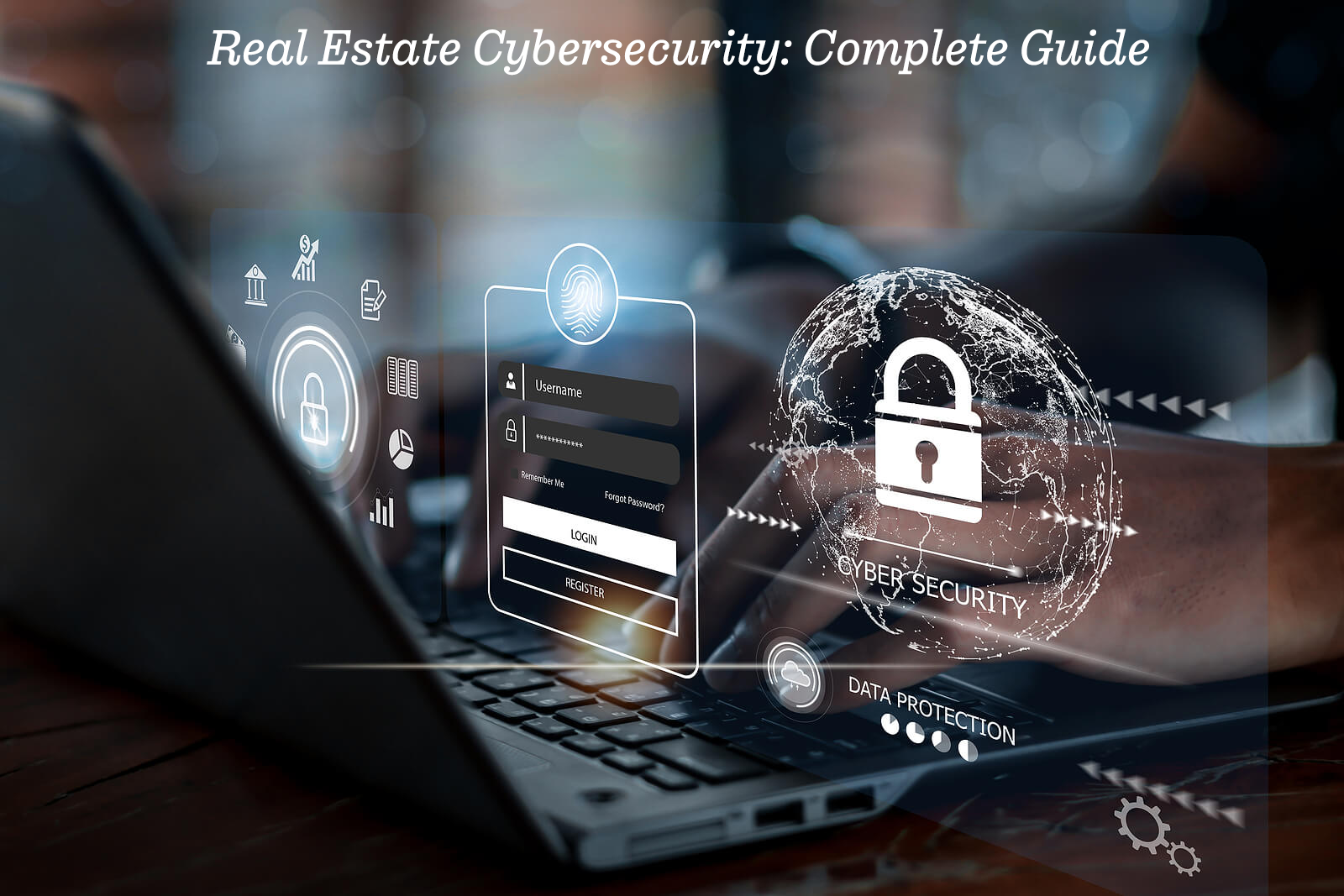Ensuring Real Estate: A Comprehensive Guide to Cybersecurity
Introduction:
In an era defined by digital innovation, the real estate industry stands at the forefront of technological advancement. From online property listings and virtual tours to digital transactions and smart home technologies, technology has transformed the way we buy, sell, and manage real estate. However, with these advancements come significant cybersecurity risks that pose a threat to sensitive data, financial transactions, and the overall integrity of the industry. In this comprehensive guide, we’ll explore the importance of real estate cybersecurity and provide actionable strategies for protecting data and transactions in today’s digital age.
The Cybersecurity Landscape in Real Estate:
The real estate industry is a prime target for cyberattacks due to the vast amount of sensitive data it handles and the large financial transactions involved. Cybercriminals employ a variety of tactics, including phishing scams, ransomware attacks, and data breaches, to exploit vulnerabilities in real estate networks and systems. These attacks can have devastating consequences, resulting in financial losses, reputational damage, and legal liabilities for individuals and organizations in the industry.
Key Real Estate Cybersecurity Challenges:
Several key cybersecurity challenges face the real estate industry, including:
- Data Protection: Safeguarding sensitive data, including personal information of clients, financial records, and transaction details, is paramount.
- Financial Transactions: Protecting financial transactions from payment fraud, wire transfer scams, and other fraudulent activities is critical.
- Email Security: Preventing phishing attacks and email spoofing is essential to safeguard communication channels.
- Third-Party Risks: Managing cybersecurity risks associated with third-party vendors, contractors, and service providers is crucial.

Strategies for Cybersecurity in Real Estate:
To mitigate cybersecurity risks and protect against cyber threats, real estate professionals should implement the following strategies:
- Data Encryption: Encrypting sensitive data ensures that it remains unreadable to unauthorized parties, even if it is intercepted.
- Access Controls: Implementing access controls limits the exposure of sensitive information to authorized personnel only.
- Multi-Factor Authentication (MFA): MFA adds an extra layer of security by requiring users to provide multiple forms of identification before accessing sensitive systems or data.
- Secure Communication Channels: Using encrypted communication channels, such as secure email services and virtual private networks (VPNs), protects against eavesdropping and data interception.
- Employee Training: Providing regular cybersecurity training and awareness programs helps employees recognize and respond to potential threats effectively.
- Incident Response Plan: Developing and implementing an incident response plan enables organizations to respond promptly and effectively to cybersecurity incidents, minimizing the impact on operations and reputation.
- Continuous Monitoring: Implementing continuous monitoring of networks and systems helps detect and respond to potential security breaches in real-time.
Building a Culture of Cybersecurity:
Fostering a culture of cybersecurity is essential for creating a secure work environment and promoting awareness and accountability among employees. Organizations can achieve this by:
- Leadership Support: Demonstrating commitment to cybersecurity at the highest levels of the organization encourages employees to prioritize security in their daily activities.
- Training and Education: Providing regular training sessions, workshops, and educational resources on cybersecurity best practices ensures that employees are equipped with the knowledge and skills to mitigate cyber risks effectively.
- Communication and Collaboration: Encouraging open communication and collaboration among employees fosters a collective responsibility for cybersecurity and enables the sharing of insights and best practices.
- Rewarding Positive Behavior: Recognizing and rewarding employees who demonstrate exemplary cybersecurity practices reinforces the importance of security and encourages adherence to established policies and procedures.
Conclusion:
In conclusion, cybersecurity is a critical aspect of real estate operations in today’s digital age. By implementing robust security measures, safeguarding sensitive data, and fostering a culture of cybersecurity, real estate professionals can protect against cyber threats and ensure the integrity and confidentiality of transactions. With proactive risk management and a commitment to cybersecurity best practices, the real estate industry can navigate the evolving threat landscape and build a more secure and resilient ecosystem for all stakeholders involved.
✍️ Akshay Kumar




